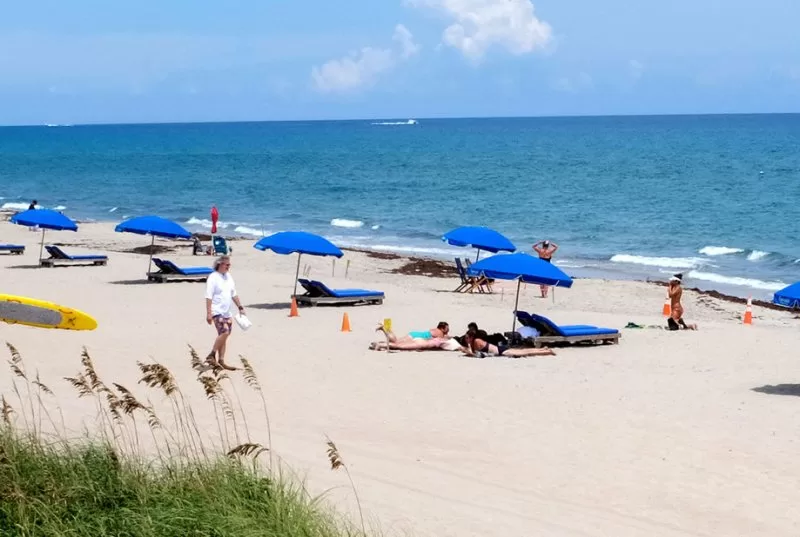June 22 (UPI) — A Friday night swim proved deadly for three young Alabama men who drowned while swimming in dangerous Gulf of Mexico waters in Florida’s Bay County. One day earlier a couple also died from rip currents farther south in the Atlantic Ocean.
The three men arrived at their destination in Panama City Beach on Friday afternoon and went swimming despite flags warning of dangerous waters due to rip currents.
“It is with profound sadness that we announce all three young men that entered the water around 8 p.m. [Friday] and became distressed have passed away,” the Bay County Sheriff’s Department posted on Facebook.
A caller reported three swimmers in distress at 8:11 p.m. EDT Friday, according to the Bay County Sheriff’s Department.
First responders from the sheriff’s department, U.S. Coast Guard, Bay County Emergency Services and the Florida Fish and Wildlife Conservation Commission initiated rescue efforts and recovered the three swimmers.
They were taken to a nearby hospital where the three men were declared dead.
Their names and ages are unreported.
The three young men drowned a day after a couple — Brian Warter, 51, and Erica Wishard, 48 — drowned after a rip current swept them out to sea while swimming in Atlantic coastal waters off Florida’s Hutchinson Island on Thursday.
Hutchinson Island is between Port St. Lucie and Fort Pierce.
The couple was swimming with two teenage children when they were caught in a rip current that swept them out to sea.
The teens tried to save their parents but were thwarted by the dangerous water conditions.
The five drownings in two days occurred during a week in which Tropical Storm Alberto passed through the southern Gulf of Mexico and made landfall in Mexico.
Alberto is the first named storm of the Atlantic hurrican season.
Tropical storms commonly cause rip currents and other dangerous swimming conditions hundreds of miles away.
The National Oceanic and Atmospheric Administration defines rip currents as “powerful, narrow channels of fast-moving water” that are prominent in coastal areas and along the Great Lakes.
